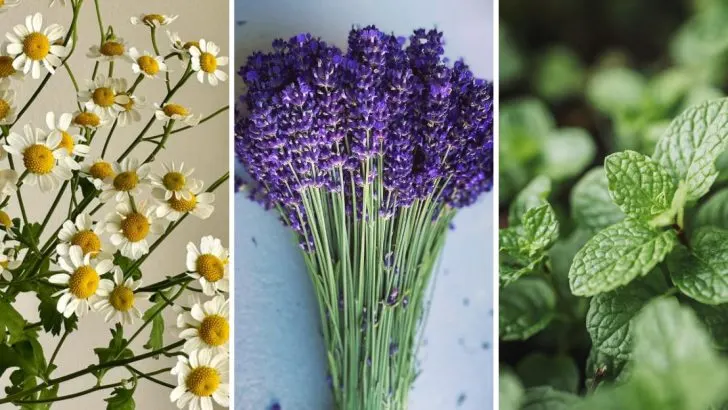Basil is a favorite in many gardens, loved for its vibrant flavor and unmistakable aroma. It’s not just a kitchen staple but also a companion plant that can thrive alongside certain crops. However, basil isn’t a fan of every neighbor. Some plants can stunt its growth, attract pests, or compete for vital resources, leaving your basil less than its best.
If you’re hoping for a healthy, fragrant basil plant, it’s worth knowing which companions to avoid. From nutrient thieves to those with incompatible growing habits, here are ten plants that simply don’t play well with basil.
Rue
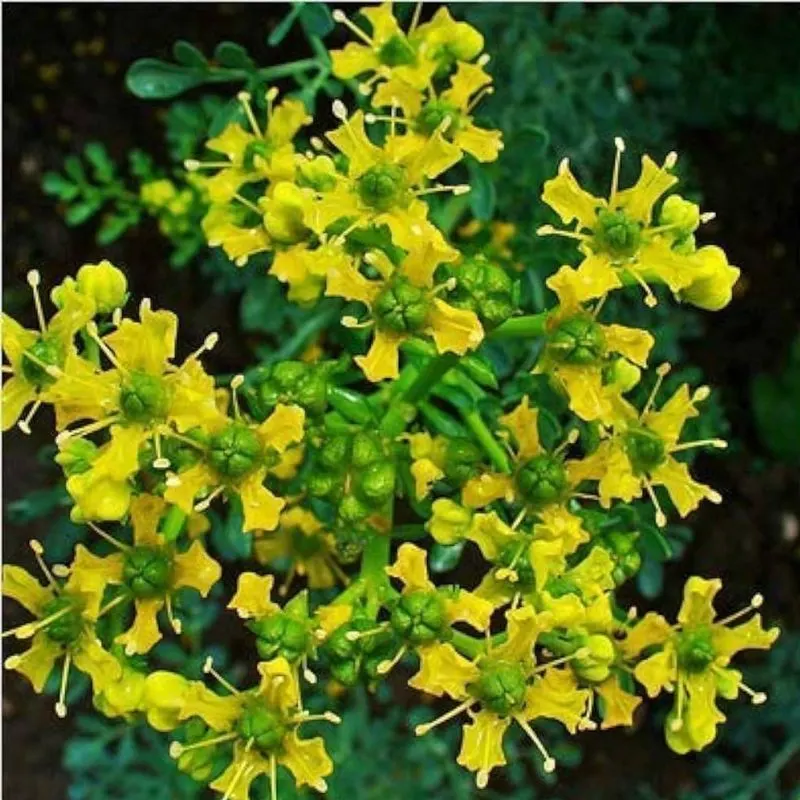
Rue is a plant known for its strong scent and medicinal properties. However, when placed near basil, it can inhibit its growth. Rue releases allelopathic chemicals that can stunt the development of basil, making it less effective in your herb garden.
This perennial is visually appealing with its blue-green foliage but can be detrimental if not planted wisely. The interaction between rue’s chemical compounds and basil’s roots means they should be kept apart for both to thrive.
If you’re cultivating a variety of herbs, consider separating rue into its own section.
Sage
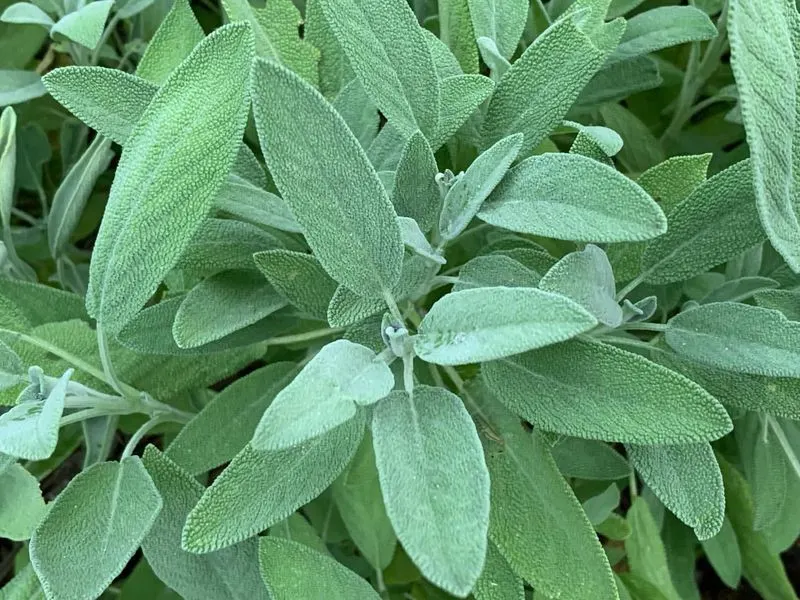
Sage and basil are both staples in culinary dishes, yet they make poor planting partners. Sage prefers drier soil conditions, contrasting with basil’s need for consistent moisture.
This disparity in water requirements can cause competition, leaving one herb undernourished. Additionally, sage’s robust aroma can overshadow basil’s scent, which is often a desired trait in herb gardens.
For best results, plant sage in a separate container or area, allowing each herb to flourish without hindrance. Maintaining individual growing environments will enhance their growth and flavor.
Fennel
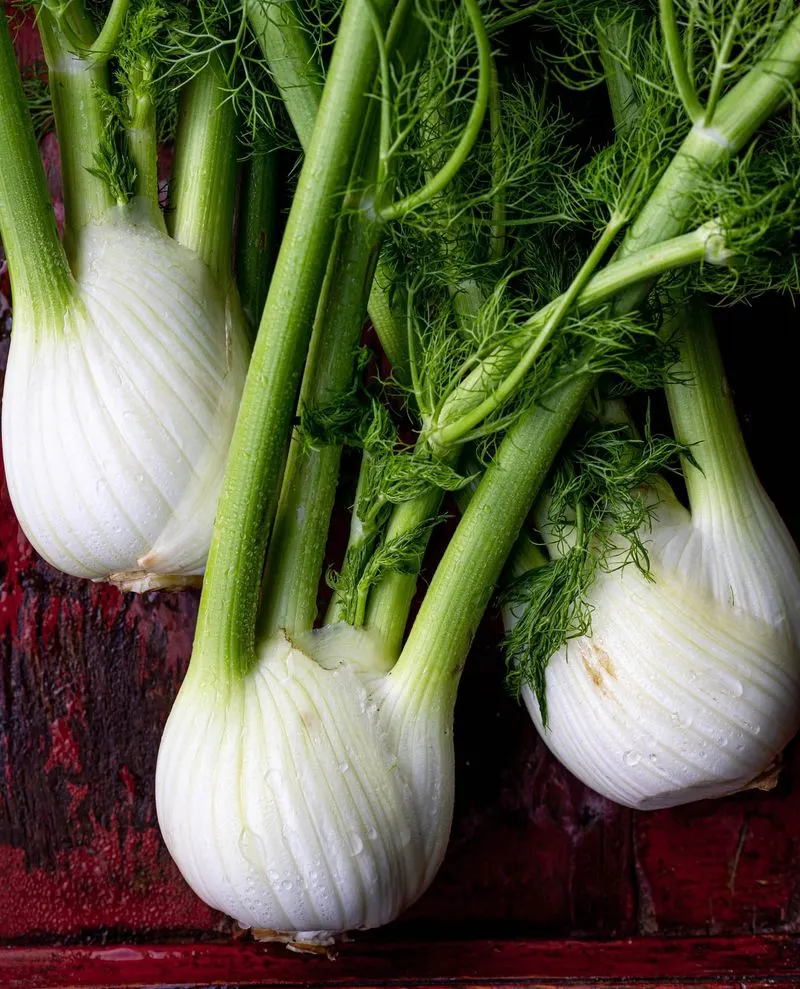
Fennel is a unique plant with a strong anise-like flavor, but it can be detrimental to basil. Fennel’s release of volatile compounds inhibits root development in neighboring plants.
This effect can severely affect basil, causing it to struggle for nutrients and space. The allelopathic nature of fennel makes it a poor companion for many garden plants, especially basil.
For a successful garden, keep fennel in a separate area, perhaps in a dedicated space for aromatic plants. This separation will ensure that both fennel and basil reach their full potential.
Cucumber
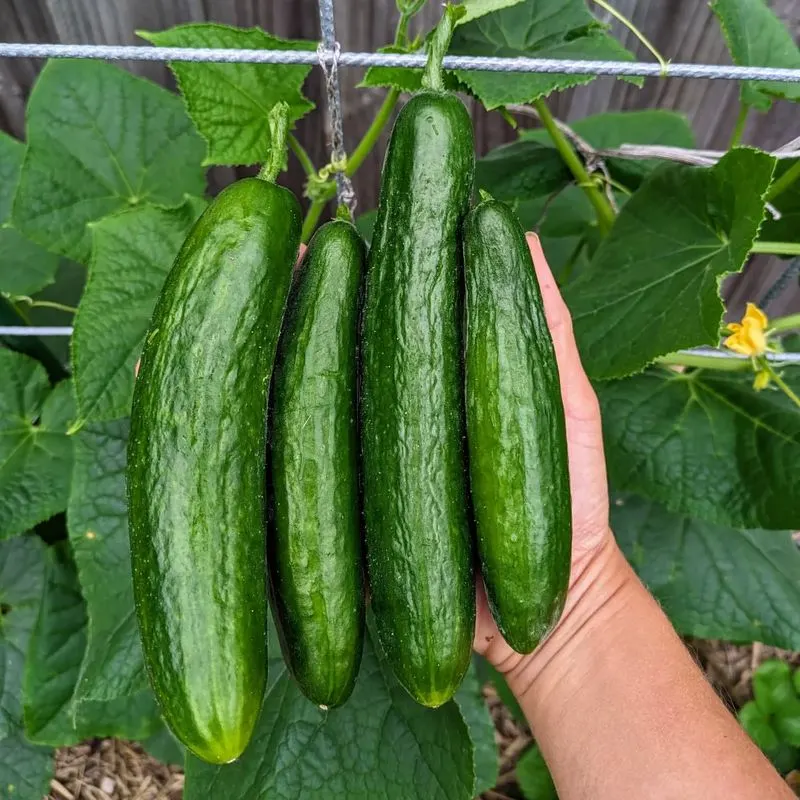
Cucumbers and basil seem like a perfect culinary match, but in the garden, they don’t get along. Cucumbers are vining plants that can overshadow basil, depriving it of sunlight.
This lack of light can hinder basil’s growth, making it weaker and less flavorful. Additionally, cucumber vines can become quite aggressive, taking over the space basil needs to thrive.
To avoid this, plant cucumbers in a separate trellis or garden bed, ensuring both plants have adequate space and resources to grow independently.
Thyme
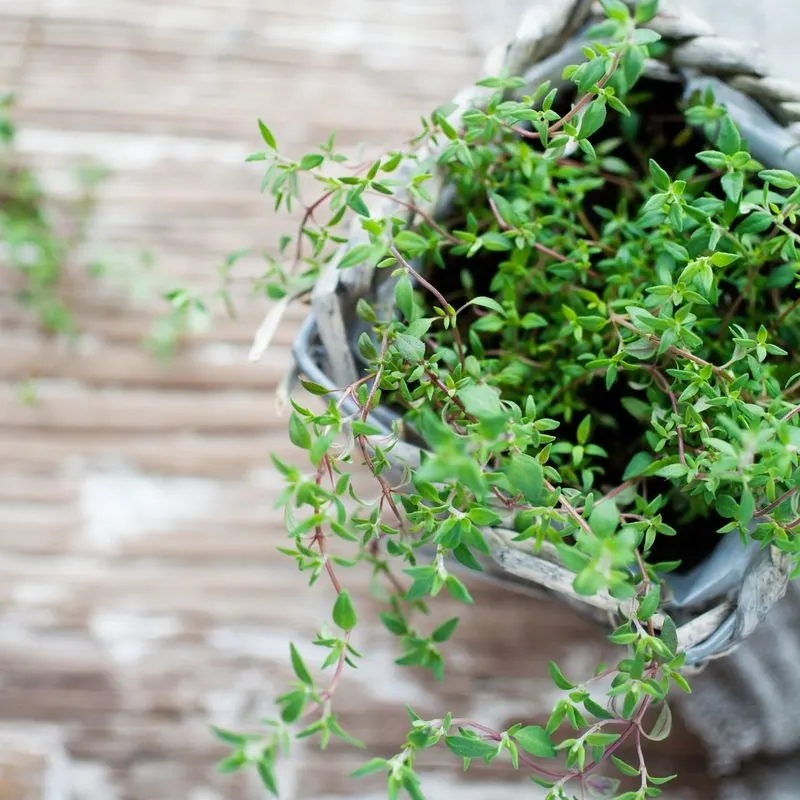
Thyme is a hardy herb with a low-growing habit, which conflicts with basil’s needs. Thyme’s preference for dry, well-drained soil isn’t compatible with basil’s moisture-loving nature.
These differing requirements can lead to one or both plants suffering in growth and vigor. Additionally, thyme’s dense growth can outcompete basil for space and nutrients.
To ensure both herbs thrive, consider planting thyme in rock gardens or containers, where it can grow undisturbed by basil’s presence. This separation caters to their unique needs.
Mint
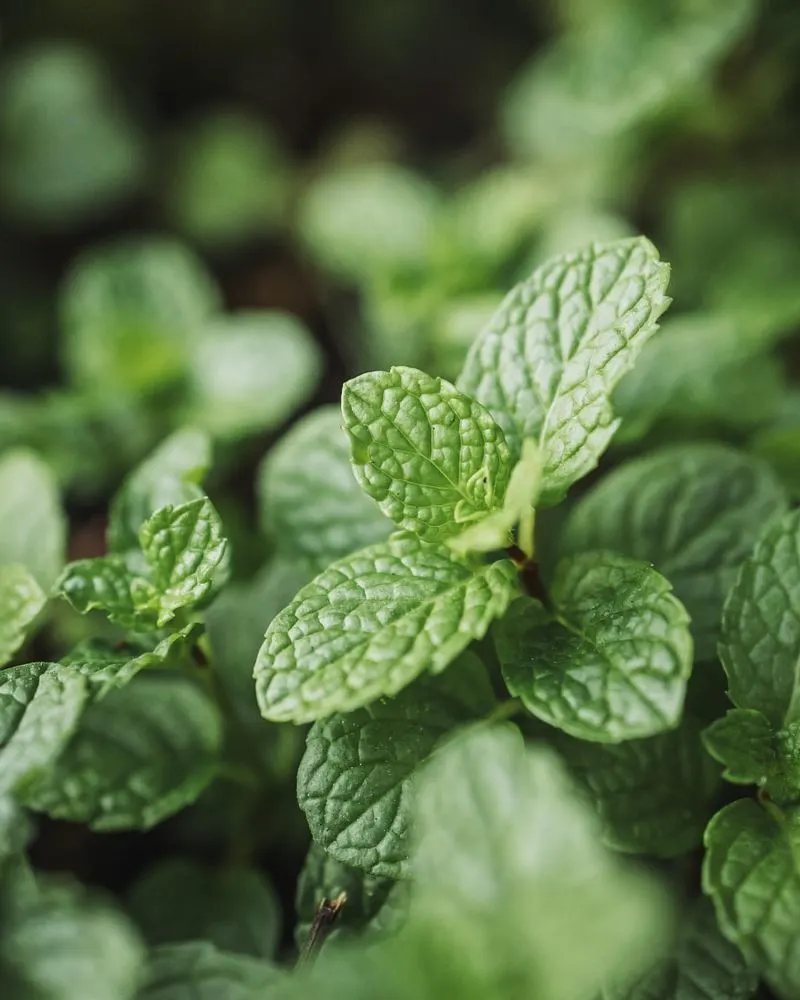
Mint is a fast-growing herb that can quickly overtake garden space, making it a poor choice to pair with basil. Mint’s aggressive nature and tendency to spread can suffocate basil, depriving it of nutrients and sunlight.
This competition can lead to a weakened basil plant, unable to produce its aromatic leaves effectively. To prevent mint from overpowering basil, plant it in a separate container.
This not only contains its growth but also ensures both herbs can thrive independently, making them more productive and healthy.
Chamomile
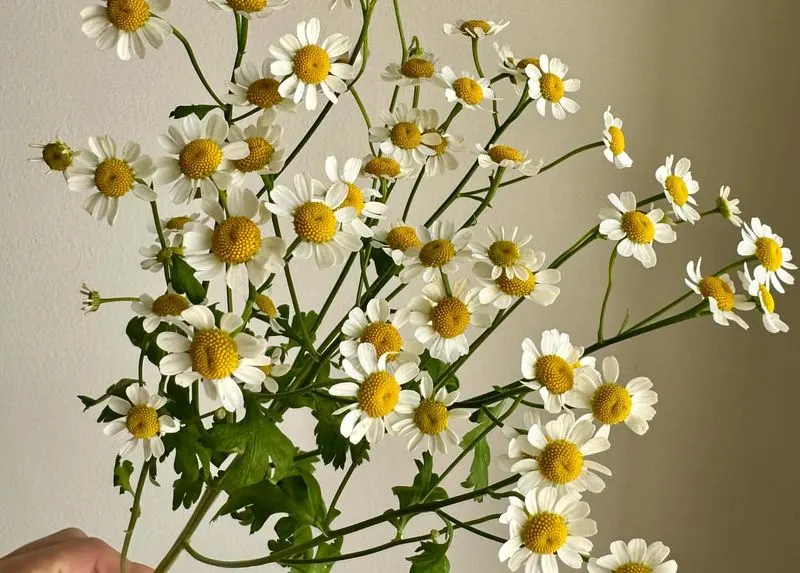
Chamomile, known for its calming properties, is not a suitable neighbor for basil. It can attract aphids, which may spread to basil plants, causing damage and stress.
The presence of aphids can weaken basil, hindering its growth and reducing its yield. Furthermore, chamomile’s sprawling growth can shade basil, limiting its access to sunlight.
To protect basil from potential pests and competition, plant chamomile in a dedicated section, ensuring basil has a pest-free environment to flourish.
Lavender
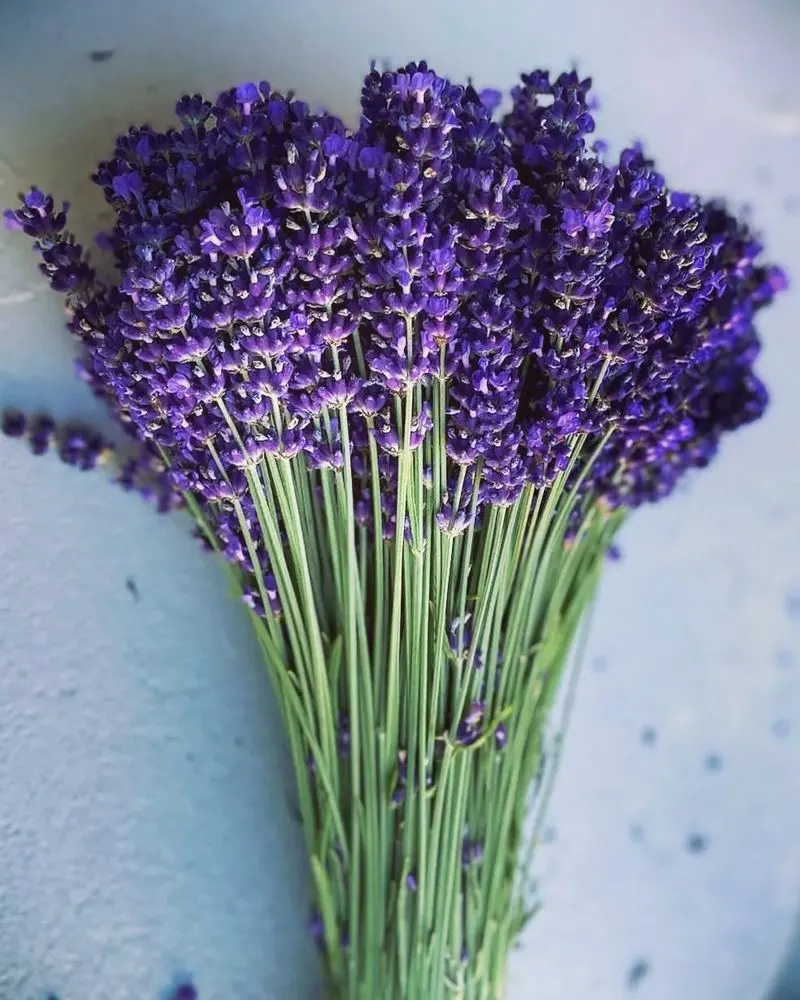
Lavender, with its fragrant blooms, requires a different growing environment than basil. Lavender prefers dry, sandy soil and full sunlight, contrasting basil’s need for rich, moist soil and partial shade.
When planted together, these differing requirements can cause one or both plants to suffer. Lavender’s robust growth can also crowd out basil, reducing its vigor.
To maintain healthy plants, cultivate lavender in a separate area, allowing each plant to meet its specific growing conditions and thrive independently.
Garlic
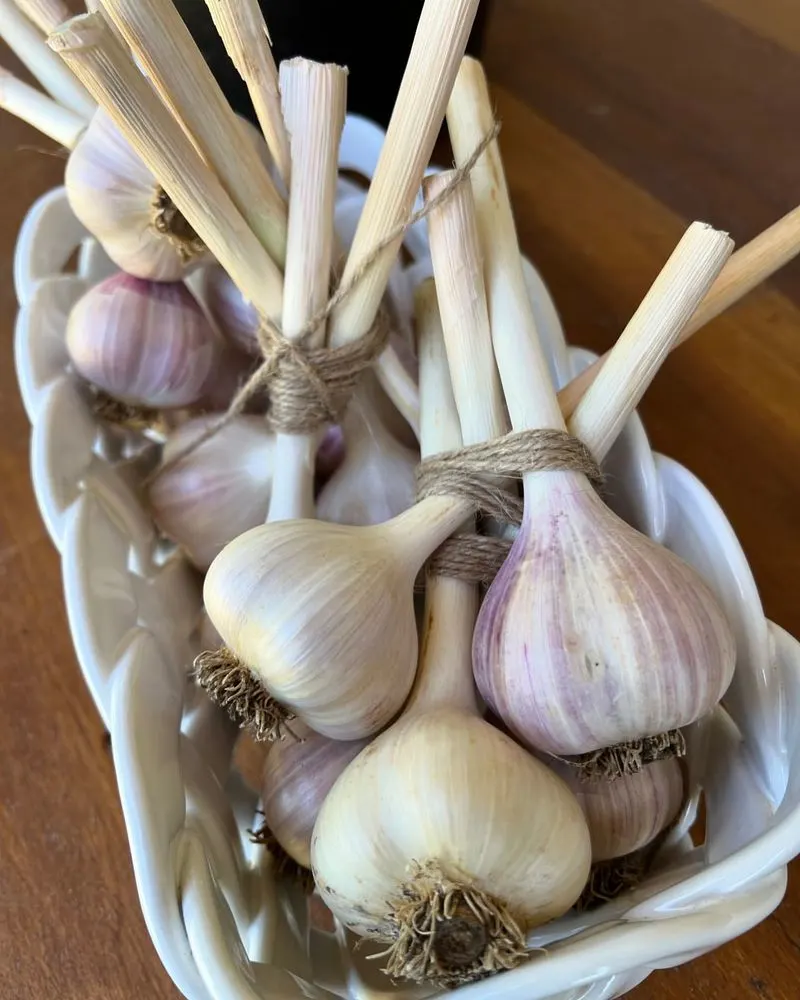
Garlic is a strong companion for many plants, but not for basil. Garlic’s potent compounds can inhibit basil’s root development and overall growth. The sulfur compounds in garlic are beneficial in pest control but can be detrimental to basil.
This interaction can lead to a less vigorous basil plant, struggling to perform in your garden. For optimal growth, plant garlic away from basil, allowing each to benefit from their unique properties without interference.
This separation ensures both plants contribute effectively to your garden’s biodiversity.
Broccoli
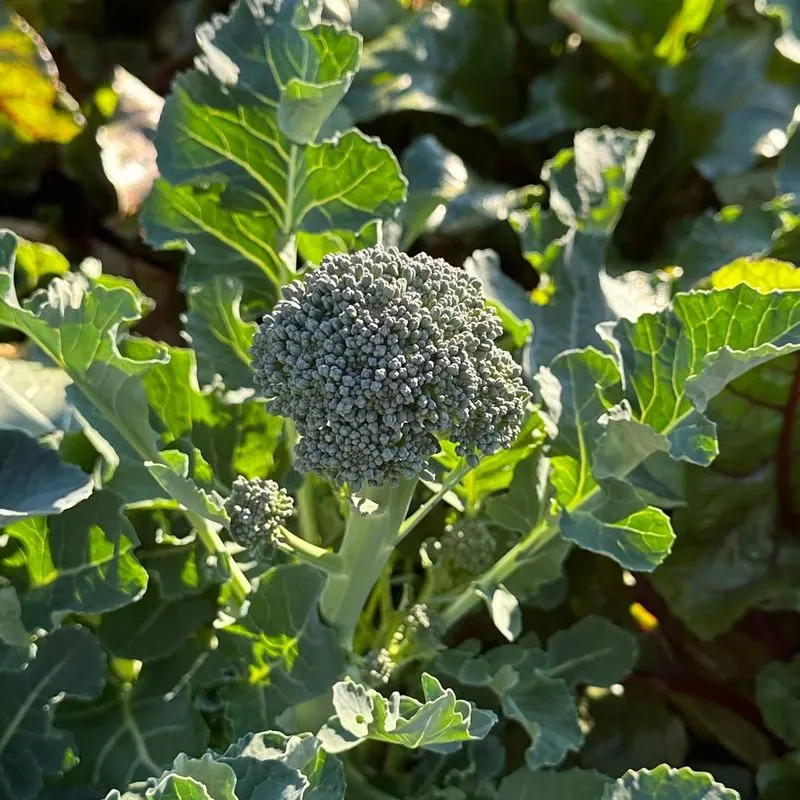
Broccoli, part of the brassica family, can be a challenging partner for basil. Its substantial nutrient requirements can deplete the soil, leaving basil with insufficient resources to thrive.
Broccoli’s large leaves can also overshadow basil, reducing its access to sunlight. For a harmonious garden, avoid planting these two together.
Instead, allocate separate areas for basil and broccoli, ensuring each plant has enough space and nutrients to grow healthily. This strategic separation allows both plants to flourish without competition.

